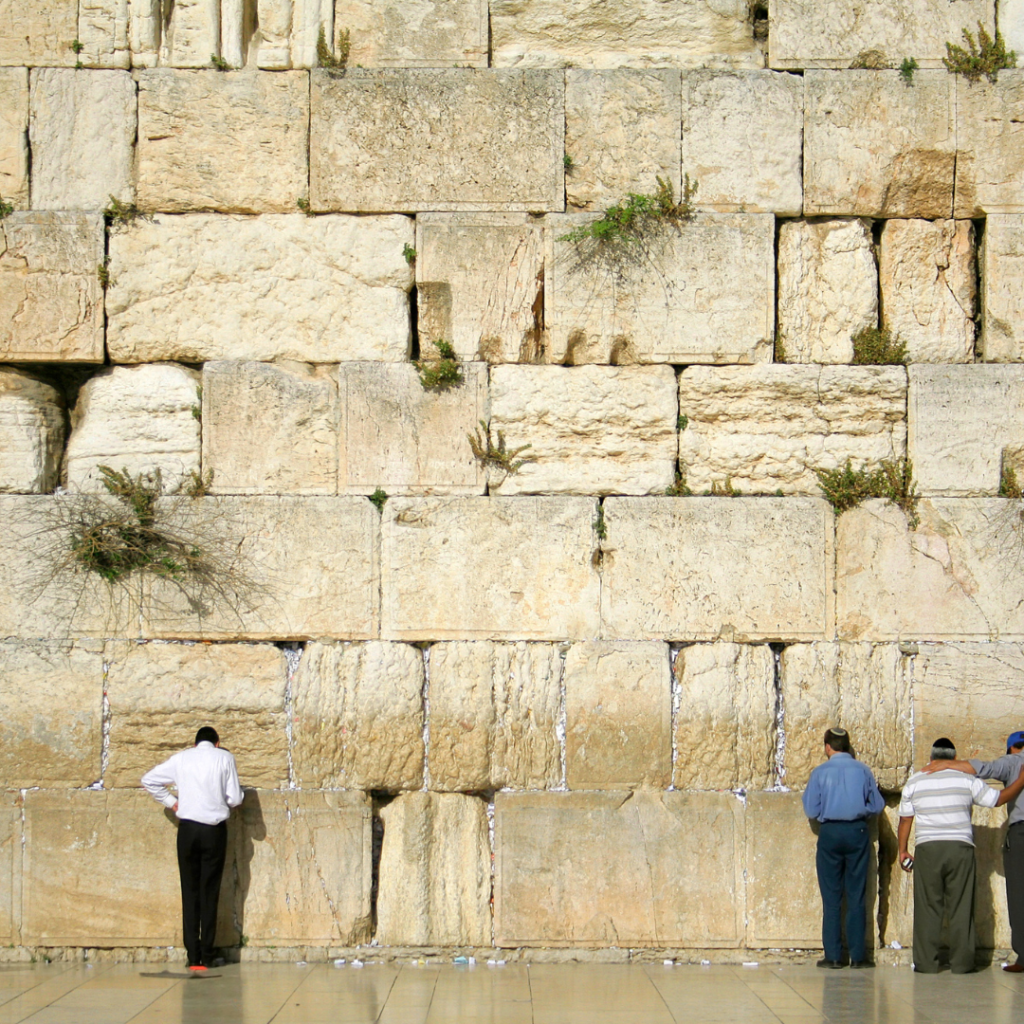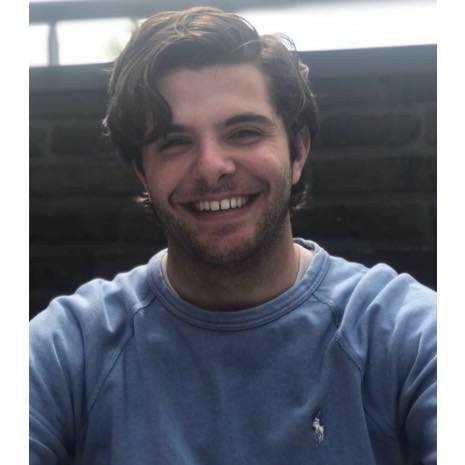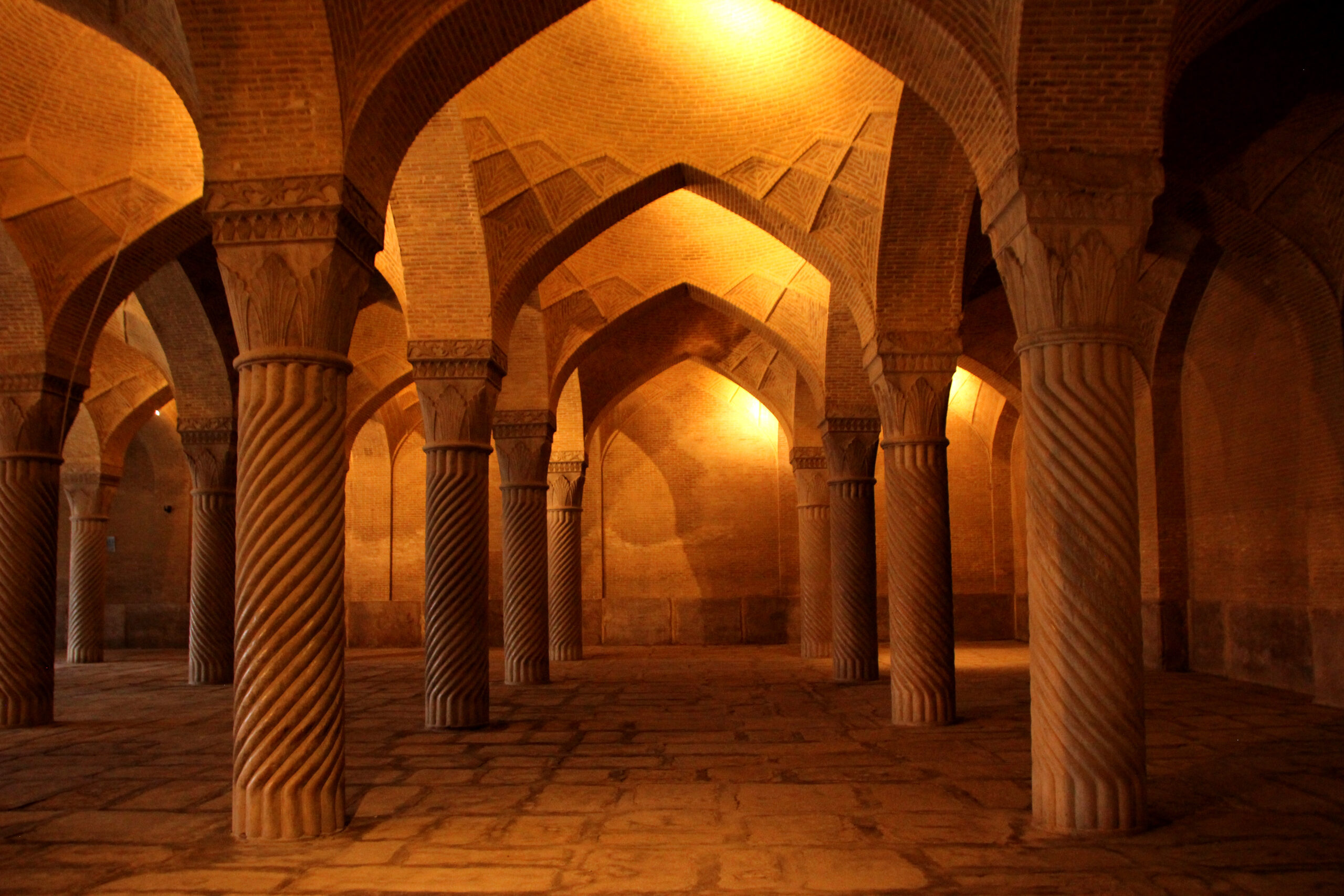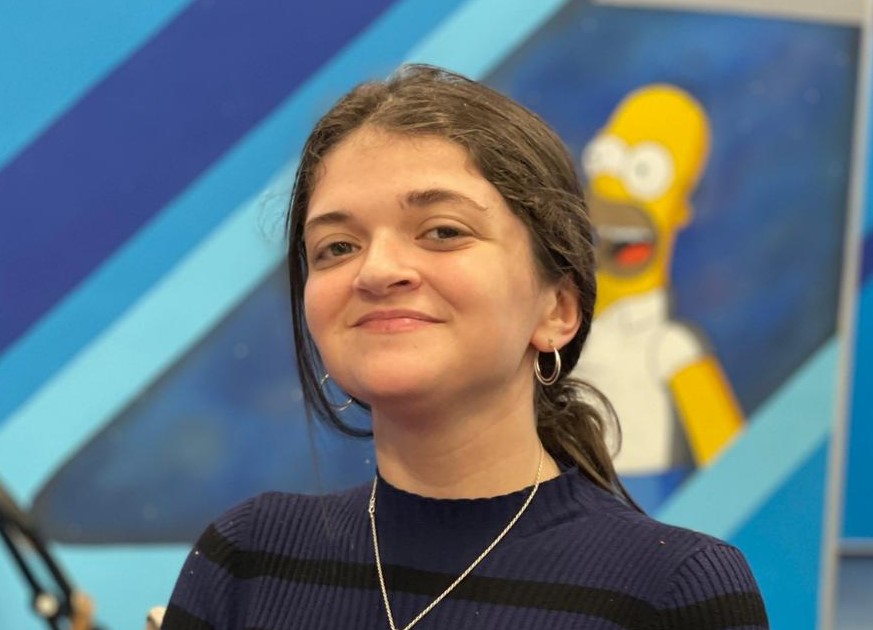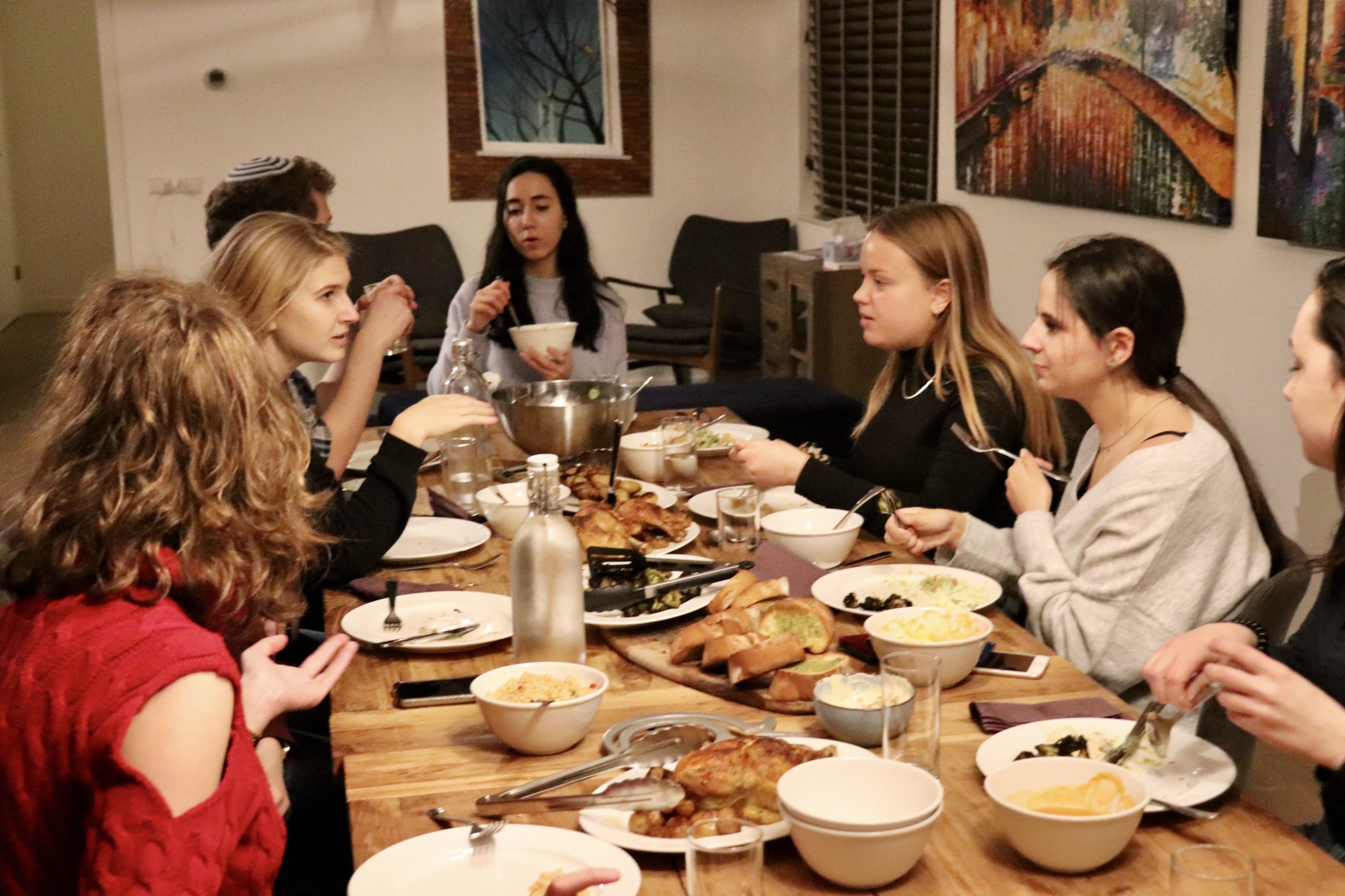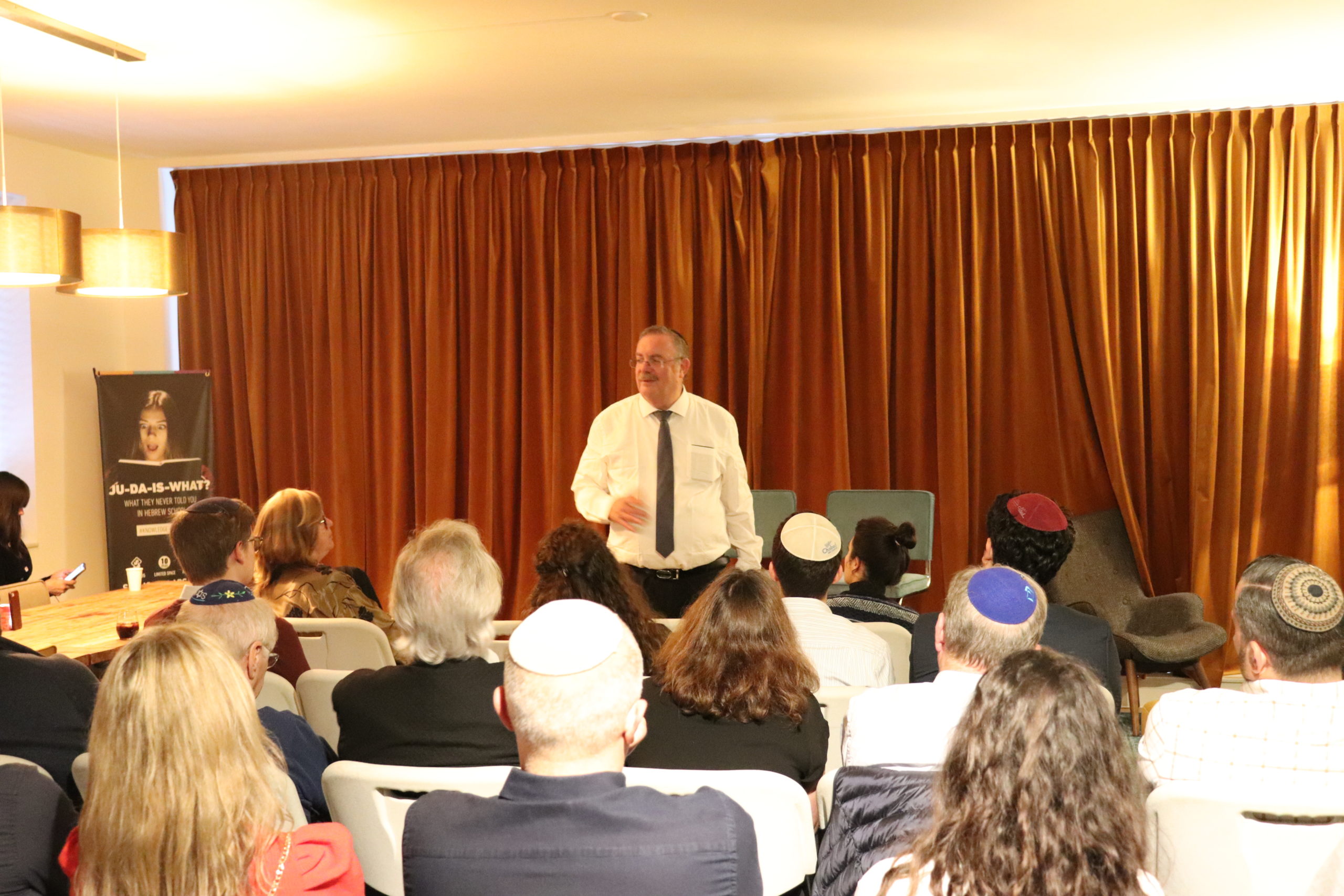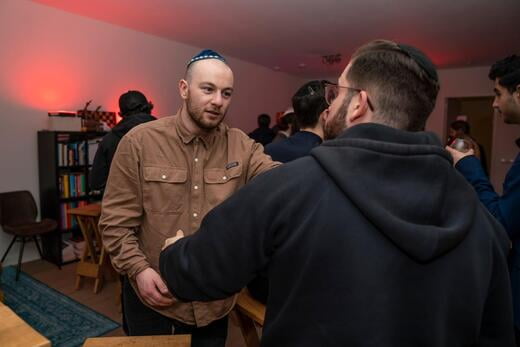In my first blog for Chabad on Campus, I emphasized the importance of dialogue, touching upon why it is necessary for us to discuss and exchange viewpoints with each other. This time, however, I want to dive into the content of these discussions and warn us about politicisation. In my opinion, unnecessary politicisation in an already extremely polarized world, not only harms our small communities but also negatively impacts the content of a discussion.
Recently, in a local Jewish student community group chat, a discussion emerged around several boys in Israel refusing to serve in the Israeli military. Although it is perfectly fine, and should even be encouraged, to discuss such a (heated) subject among each other, the discussion quickly took an, in my opinion undesirable, turn. As people complained to not discuss politics in the group chat, one of the participants compared a video of Jews praying at the Kotel to the one about the army refusers. Implying that both videos had similar political connotations.
For me, the Kotel is a-political. It is one of our holiest places, and it exists to unite, instead of divide. It is the place where we think of when we think of Jerusalem, where we write down and pass on our messages to God and where we pray towards.
So, why is it problematic to politicize the a-political? We live in a very polarised world, where we differ in opinions on almost every possible subject. Protests against Bibi, and scolding everyone to the left of the Likud as ‘smolani’. For a two-state solution? Traitor! Against a two-state solution? Idealist, or a religious fanatic! Or look at the political climate in the United States, with the MAGA movement versus ‘The Squad’.

However, for us Jews in the Diaspora, we should try to be careful when we discuss politics and the a-political. Because we live in small communities, in sometimes unpleasant and hostile environments outside of Israel, it is important to be able to unite over certain topics, such as the Kotel and our religion and diverse culture.
Indeed, it would be a shame if Jews stopped interacting with each other, or avoided Shabbat with the community, for example, because discussions got out of hand. I wonder if the person who politicized the Kotel will join us for Shabbat soon, which is a shame for two reasons. Firstly, as our local community is very small, it is important for us to stick together and enjoy Jewish holidays and other occasions as a community. I would have loved, moreover, to discuss the video about the three army refusers with her. Because exchanging viewpoints is crucial for our own development, I believe that it would have been an interesting and fruitful discussion.
How would we structure our discussions, then? In my opinion, it is of the utmost importance not to become emotional during disagreements. Because, as a result, we tend to say things that we did not think through beforehand. Consequently, it often occurs that people use weak arguments or make nasty remarks.
Moreover, try to be considerate. Think if what you want to say really adds to the discussion and does not unnecessarily offend people. I explicitly state ‘unnecessarily’, because I believe that offending someone is sometimes unavoidable in the discussion, but within reasonable boundaries, of course.
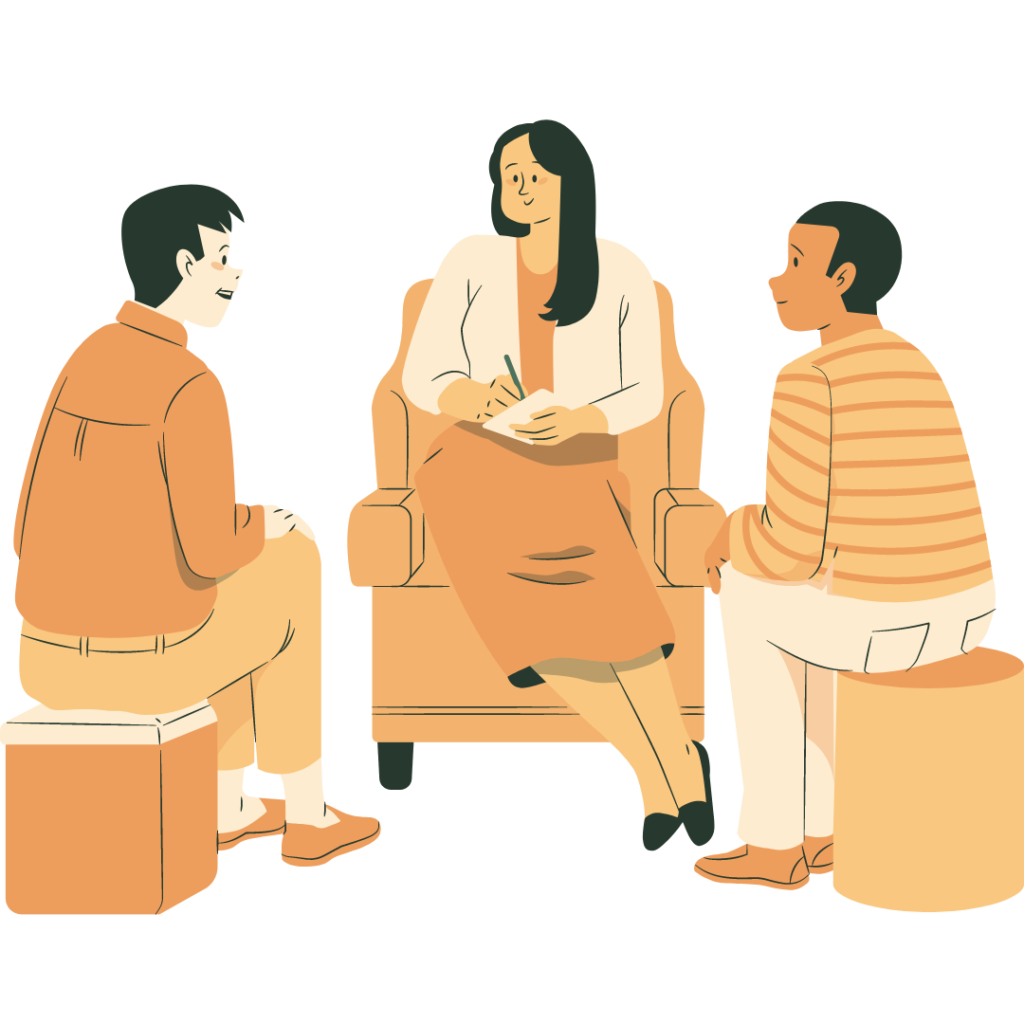
Furthermore, I would advise having discussions about heavy subjects in person. On WhatsApp, it often occurs that we misunderstand someone’s intentions. It is, also, easier to be less considerate about someone else if you do not see them in person.
Lastly, we should avoid politicizing the a-political and unite around subjects that unify us as Jews. Finding a common ground within a highly politicized world only benefits us and the small communities that we are part of.
We should not avoid discussions with each other, but rather consider how we conduct them. And, as Jews, it is impossible to completely avoid discussions: as two Jews, have three opinions.
Want to read more blogs from our community? Look at our content!

